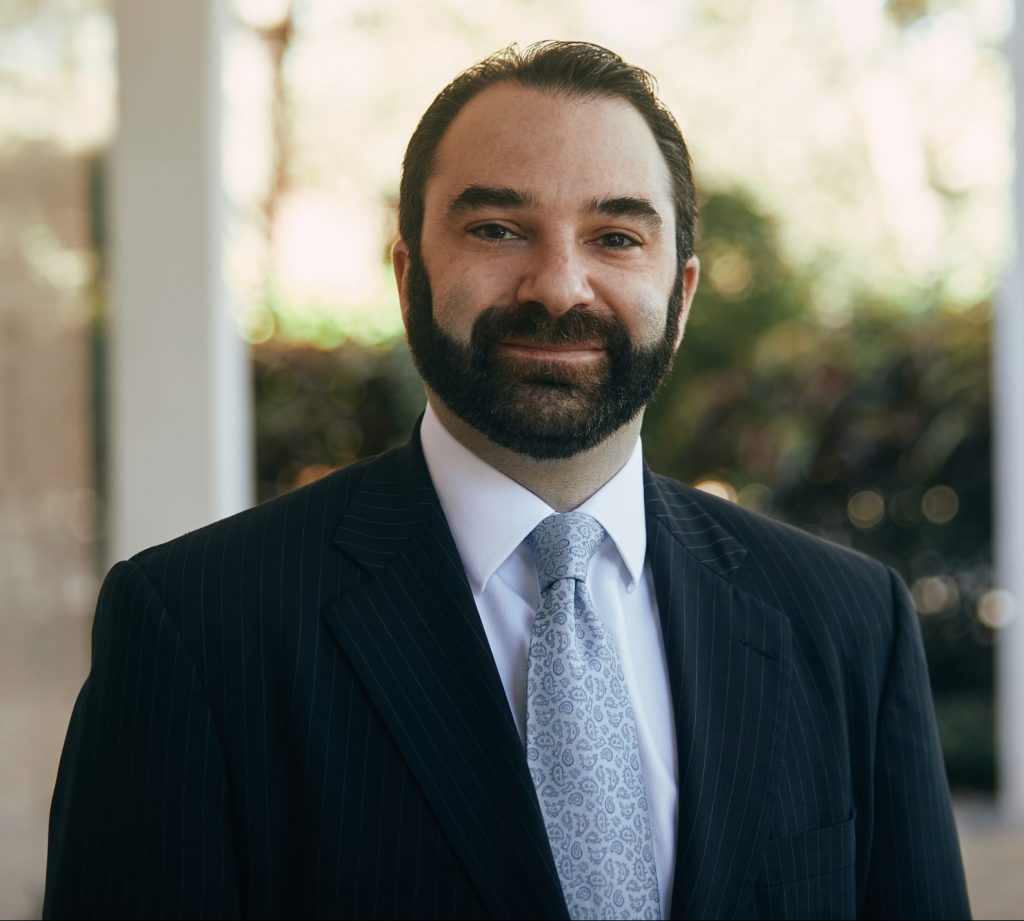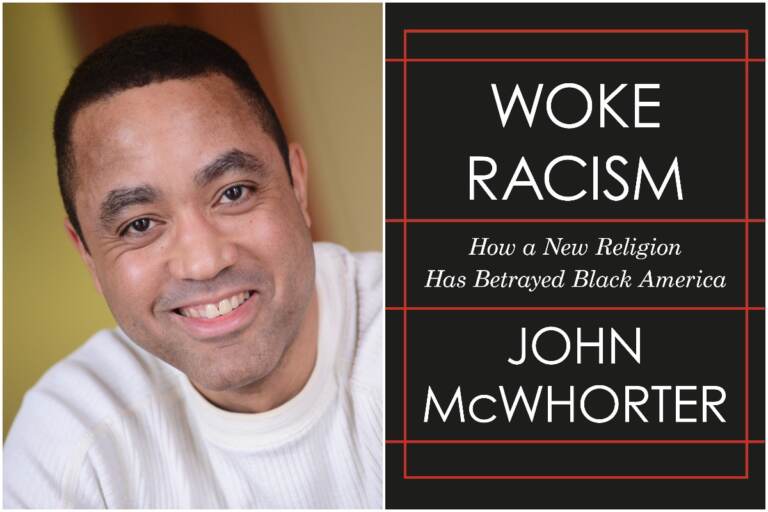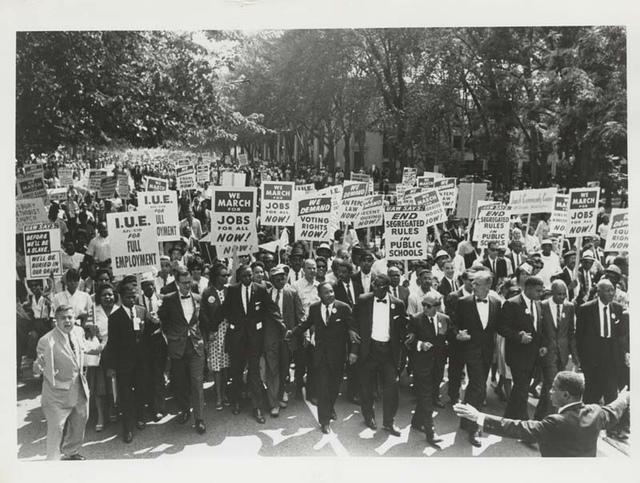Equality: Racial Equity Newsletter – Help Protect the History of Pearl City in Boca Raton
Racial Equity Newsletter: Help Protect The History Of Pearl City In Boca Raton Dear Equality readers, There are a few important undertakings going on in our community that we wanted […]











